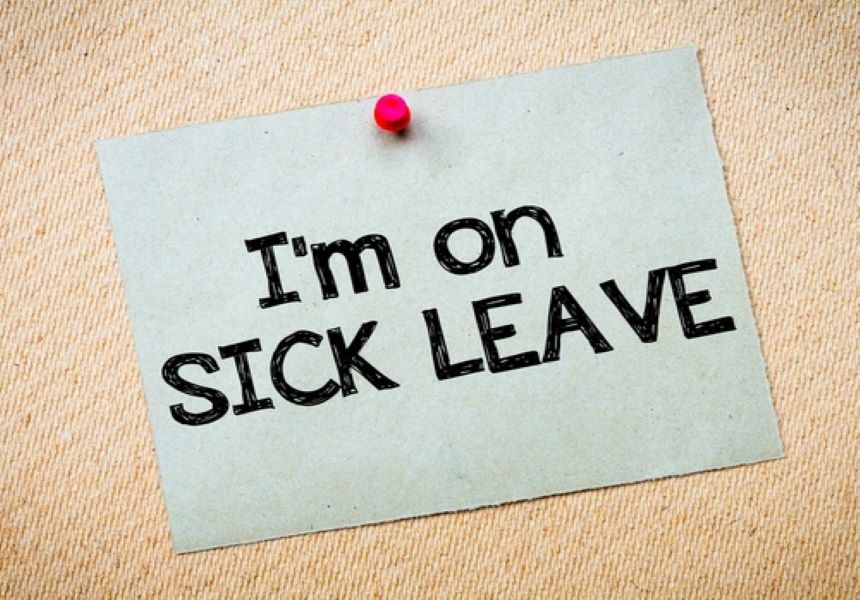
The Government has launched a public consultation on sick pay in Ireland. This is the start of a process to overhaul the sick pay system in order to implement a statutory right to sick pay. Worker’s entitlement to sick pay varies in Ireland to other European countries in that as it stands, the majority of Irish employers are not legally obliged to offer paid sick leave to it’s employees. However, there are some obligations for employers included in the employee’s Contract of Employment which give access to payment for sick leave. All permanent public sector employees currently have a right to sick pay guaranteed by their contracts and some private sectors are regulated by Sectoral Employment Orders. These orders lay out terms of employment for certain industries, eg construction and engineering. Low paid part-time and casual workers are not covered by these arrangements and are often forced to work while ill as they cannot afford to take unpaid leave. The pandemic has heightened these issues. Deputy Chief Medical Officer, Dr Ronan Glynn has highlighted the fact that employees are attending the workplace even though they are displaying symptoms of Covid-19. Concerns about pay and possible job loss is overriding public health advise. Currently, Illness Benefit begins on the 7th day of illness and no payment is made for the first six days. However, this is to be reduced to three days wait to commence February 2021.
The State Illness Benefit of €203 per week is available to anyone who has made 26 PRSI contributions in the relevant tax year, ie the second last complete tax year before the year in which you claim Illness Benefit. For example, it you make a claim in 2019, the relevant tax year is 2017. Both employees and the self employed can qualify for the Covid enhanced Illness Benefit of €350 per week.
Across Europe Statutory sick pay is treated differently. Most countries place an obligation on the employer to pay employees for sick leave. In Germany for example, employers are required to pay workers who are sick their full wage for up to six weeks, reducing then to 70% for a max of 78 weeks. In many countries the State covers the cost for the employer. Employers in the UK cover the full cost of sick pay, but not at a high level. France and Italy both operate systems where the employer contributes to sick pay. The present pandemic has highlighted the issue of sick pay and who should pay it. The Oireachtas Committee on Covid 19 Response have produced a report which calls for statutory sick pay in order to protect low paid workers in high risk industries. However, the Government has decided to delay debating on this matter.
The public consultation will end on December 18th after hearing from trade unions and employer’s groups. It will be six months before any recommendations will be made, after the Department of Public Expenditure and Reform will review and summarise the consultation. The Government has committed to enacting statutory sick pay legislation by the end of 2021. The consultation will ask employees and employers their opinion on matters such as minimum rates of sick pay, length of absence covered and whether illness needs to be certified by a medical profession. Other questions to be considered are required length of service, minimum earnings threshold and whether an employer should receive financial support if unable to afford statutory sick pay.